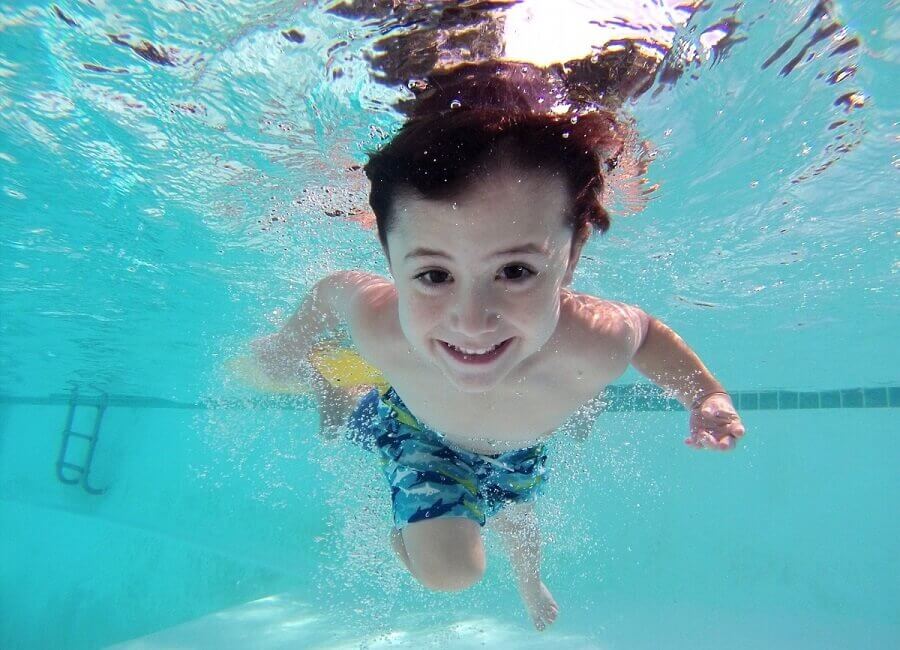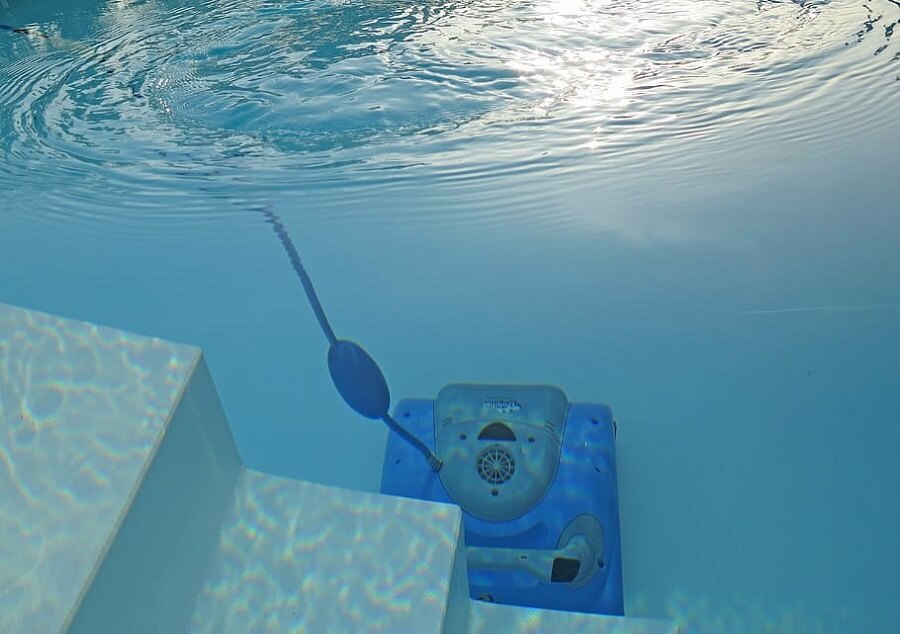The pool water must be clean and hygienic always to enjoy swimming at your home. You can’t possibly dip in the water that is filled with dirt, dust, and debris.
Though you filter the water by taking out the dirt regularly, you should also ensure that it’s hygienic and has good water chemistry. The water should not have any negative effect on your skin and you should be able to take lazy laps at any time you want.
Moreover, the walls of your swimming pool are in constant contact with pool water. You should clean the walls so they do not develop algae and mould that can harm your body.
Today, we will learn about swimming pool water care so that you can always keep the pool water clean and hygienic. Cleaning pool water is a great part of maintaining your swimming pool. To enjoy the benefits of your pool, make sure to follow the below points religiously.
Pool Water Circulation
The pool water must always circulate, and the pool pump should do the work effectively by pumping in new water. It should be able to suck the pool water so that the filter can clean it and push it back into the pool. The filtered water is now free from microorganisms. Always remember that the stagnant water is a haven for algae growth.
As the pool pump is the primary part of the water maintenance, you should maintain them properly. From the skimmer to the filter and pool jets – every part of the pool pump must effectively work to keep the pool water clean.
Here’s what you should do for the best water circulation:
- Run the pump for at least 8-12 hours a day
- Clean the filter and replace it regularly
- Always keep the jets in a circular and downward direction
- Clean the skimmer basket regularly.
Cleaning the pool walls and floor
Cleaning the pool walls is the next big part of your pool water maintenance. No matter how much clean water you filter, it’s noting useful if the walls are dirty and slippery. To keep the pool walls neat and clean, you should:
- Scrub the walls
- Vacuum the pool floor regularly
- Skim the surface of the water to remove leaves and debris from the water
You can scrub the walls using a brush and you should do it daily or at least thrice a week. It helps to keep the pool walls clean and free of mould.
Vacuuming is necessary to remove the build-up dust on the pool floor. You can do it before you go for a swim or as part of daily maintenance.
Always skim the surface of the water so that any debris and dead leaves are not swimming along with you.
Water Chemistry
If the pool water is balanced, then you don’t have to deal with issues like cloudy water, green water, and the build-up of harmful bacteria. And not to mention the harm it causes to your skin if you swim in water that has no balance.
Hence it’s important to keep a good testing kit handy as part of your pool maintenance. You should test the water at least once a week to check whether the water is properly balanced or not. You should check for:
- pH, calcium hardness, alkalinity, chlorine, phosphates
When you test the pool water, make sure to check that the pH is around 7.5, calcium hardness is 200-400ppm, and alkalinity is around 120-150ppm. Keep the chlorine level stable by throwing in chlorine sticks, granules, or tablets in the pool. And finally, you can check the phosphate presence by detecting the greenish shade of the water. If it’s high, then your water resembles green instead of normal colour.
Always remember these points to ensure that the chemical balance in your pool water is right and proper.
- Shocking the pool with sanitising to kill the harmful bacteria in the pool
And the best way to keep the water balance is by shocking. It means that you overload the water with a sanitiser so that it can kill harmful bacteria, contaminants, and other harmful organisms.
Make sure to follow the steps to keep the pool water clean and healthy. It’s particularly helpful if you have small children and pets. When you maintain pool water, you can have many playful evenings and leisure mornings at your pool with your family or friends.







